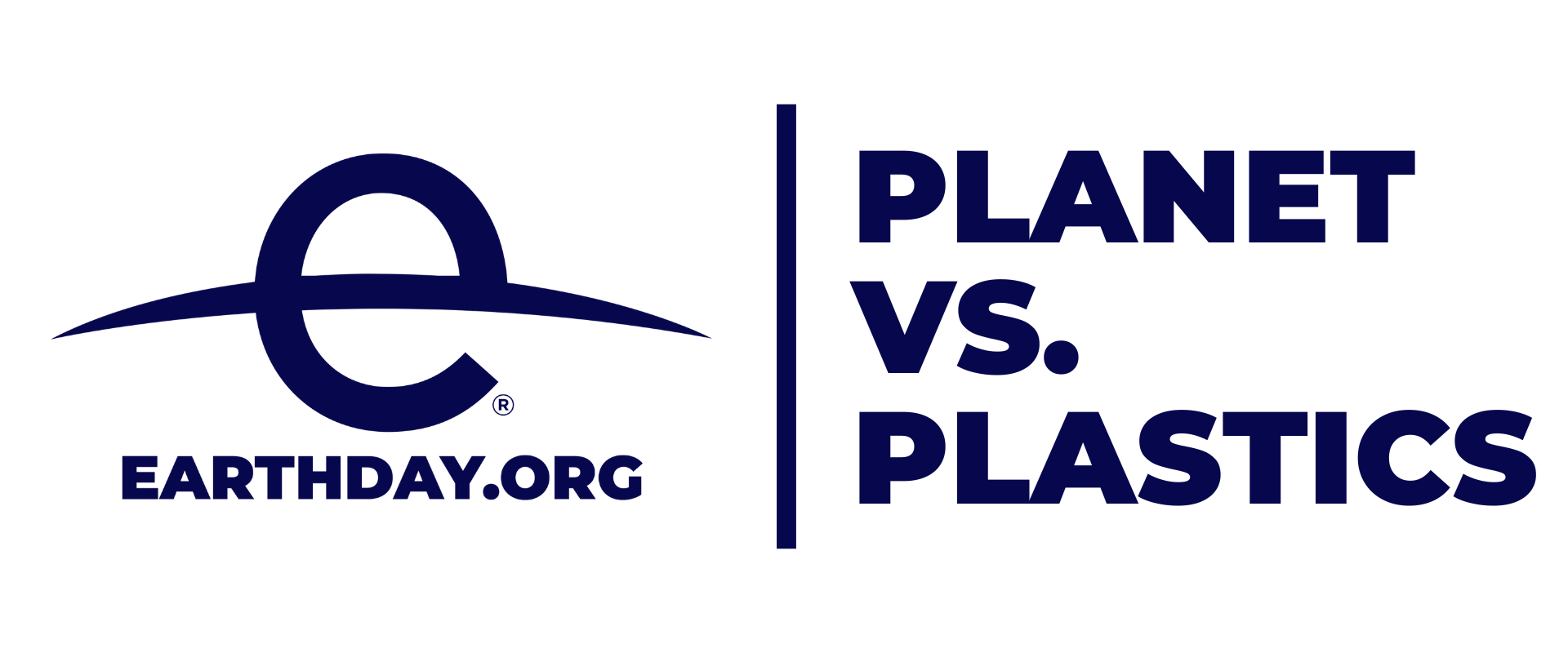|
|
|
Hi, Fashion is said to be a reflection of culture. What does it say about our culture when it endangers the environment and living beings — including us? The fast fashion industry operates on a “race to the bottom” model to produce the greatest number of garments at the lowest price. With societal pressure to constantly consume clothing, fashion’s numbers are staggering: 100 billion garments made annually,1 87% ending in landfills or incinerators and only 1% recycled.2,3 Toxic textile processing pollutes freshwater systems harming ecosystems,4 and each year 200 million trees are razed for cellulosic fibers imperiling biodiversity.5 69% of clothes are made from crude oil and washing them accounts for 35% of the ocean's microplastics.6,7 Microfibers are in the food chain, our air, our soil and appear deep in our organs and our bloodstreams threatening our existence.8 This $2.5 trillion industry is shockingly unregulated. Government legislation must be implemented now. Please sign the petition calling for regulation of the fashion industry. We’re calling on the Biden Administration to instruct the following agencies to create regulations protecting the environment and our health. The Environmental Protection Agency:
The Federal Trade Commission:
The Earth Day movement is the largest environmental force in the world, and we’re mobilizing your voices to demand world leaders step up and protect their people. Add your signature to the petition and renew your commitment to fighting fast fashion. For human and planetary health, Kathleen Rogers Footnotes: 1. McKinsey: https://www.mckinsey.com/capabilities/sustainability/our-insights/style-thats-sustainable-a-new-fast-fashion-formula 2. Changing Markets Foundation: http://changingmarkets.org/wp-content/uploads/2022/04/Final-EPR-briefing_web.pdf 3. Ellen MacArthur Foundation: https://emf.thirdlight.com/link/kccf8o3ldtmd-y7i1fx/@/preview/1?o 4. Waterman Engineers Australia: https://watermanaustralia.com/pollution-in-textile-industry/ 5. The New York Times: https://www.nytimes.com/2022/11/30/style/clothing-recycling.html 6. Changing Markets Foundation: https://changingmarkets.org/wp-content/uploads/2021/01/FOSSIL-FASHION_Web-compressed.pdf 7. The New York Times: https://www.nytimes.com/wirecutter/blog/reduce-laundry-microfiber-pollution/ 8. The Guardian: https://www.theguardian.com/environment/2022/mar/24/microplastics-found-in-human-blood-for-first-time |
|
EARTHDAY.ORG · 1752 N St NW, Suite 700, Washington, DC
20036, United States
|

